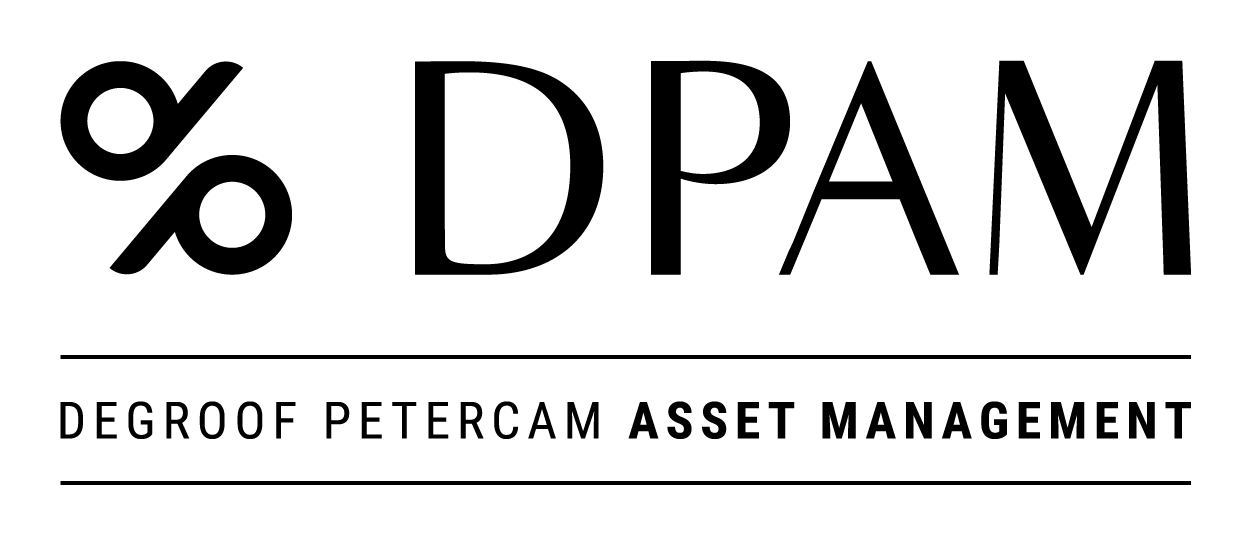On the positive side, he observed many relevant announcements on the margins of the negotiations. Important agreements were reached through smaller coalitions and alliances between governments. They represent significant progress on issues such as coal, methane, or deforestation. These are paving the way to a new format of negotiations that will break away from the rule of consensus.
From the geopolitical perspective, the tensions between Industrialized economies and Emerging countries remain considerable (the so-called South-North debate), especially regarding the impacts of climate change on the Global South (the hardest hit), resulting in the climate migration and all the issues related with this reality.
As geopolitical expert, François Gemenne considers that COP26 was very much focused on mitigation of greenhouse gases emissions. The impacts of climate change were little considered, becoming the key reason for the increasing resentment from developing countries. They feel neglected as their needs of funding and adaptation are not being addressed properly.
Gemenne insists on the fact that the only way to succeed in the negotiations is the trust between the Global South and industrialized economies and an equitable agreement. If the sense of equity is not achieved, his conviction is that we are doomed to fail.
To conclude the interview, as external member of the FISAB, the committee responsible for DPAM’s proprietary model that assesses the sustainability of countries, Gemenne summarizes during the interview how these challenges for emerging economies could be integrated in and become part of the model.
He concludes with a message calling for international cooperation to achieve a more sustainable future.


